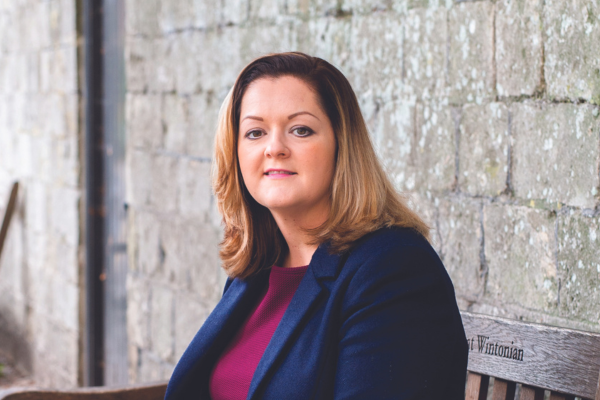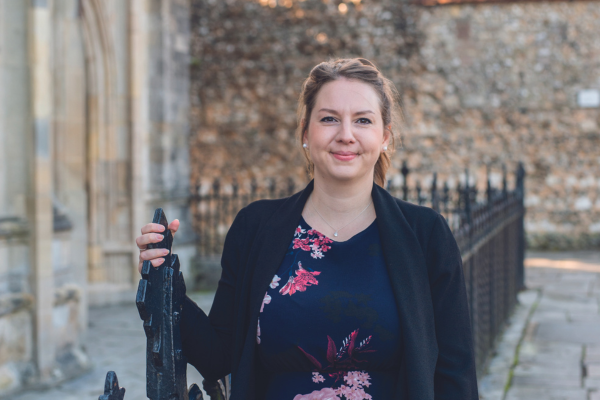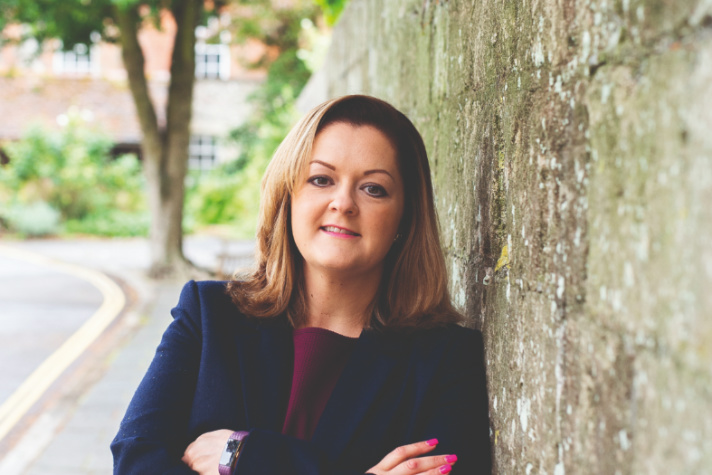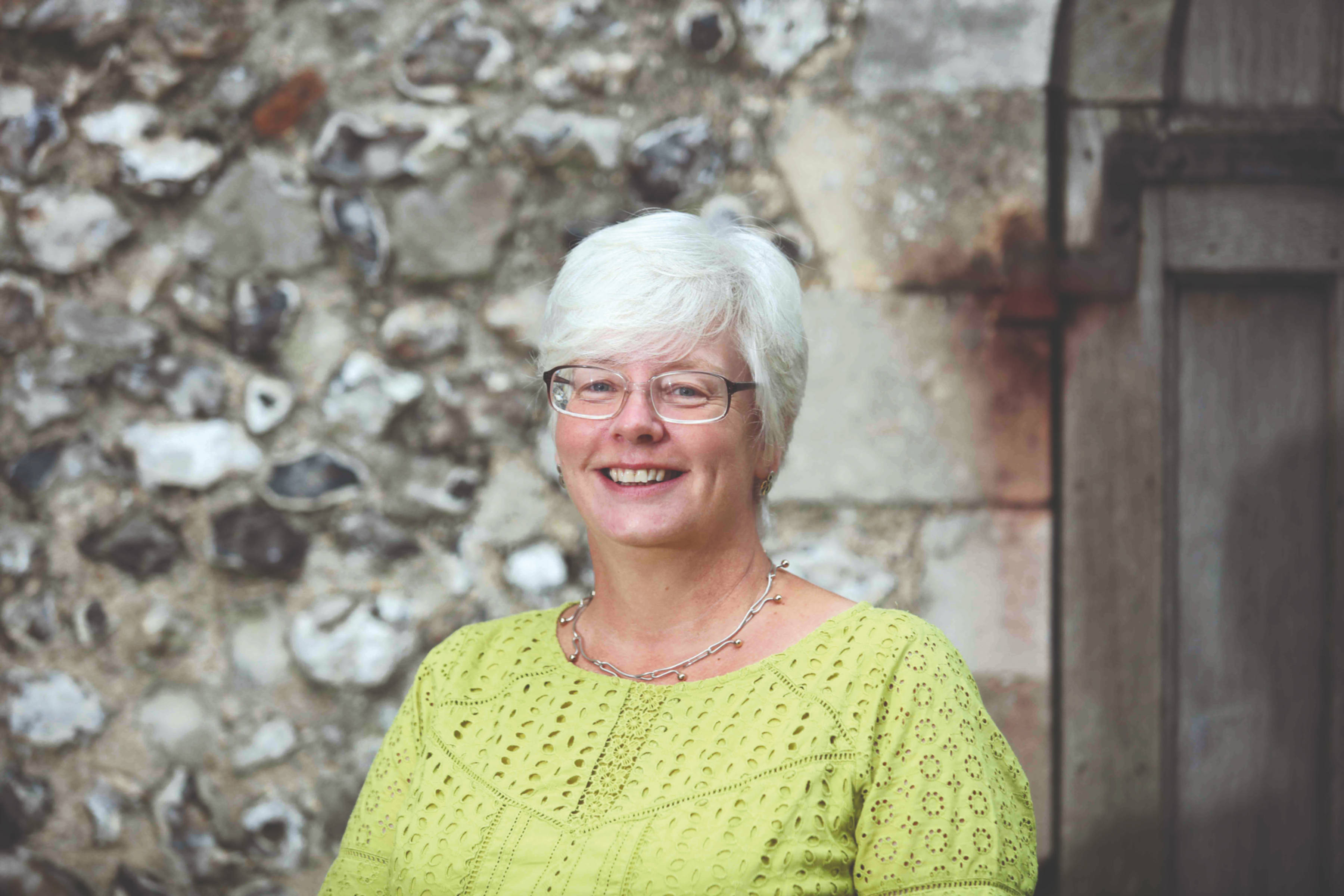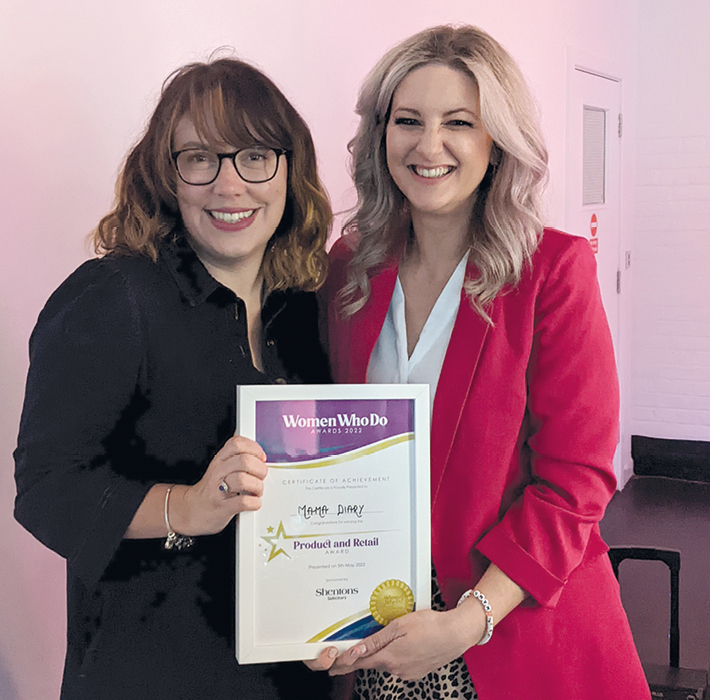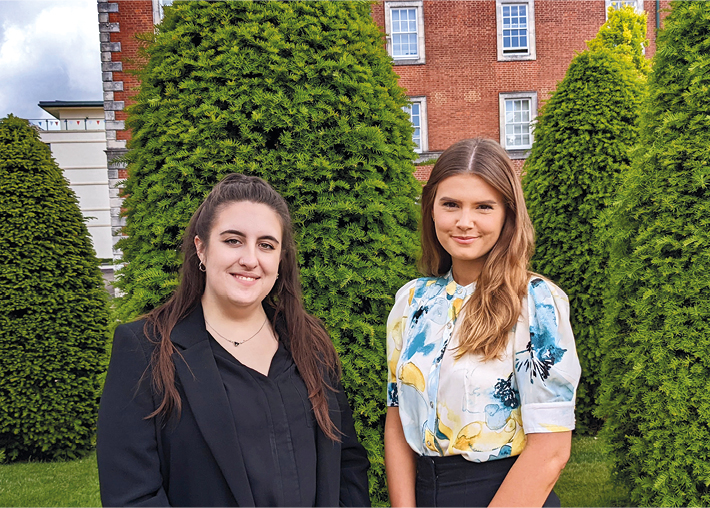Beyond Parents: The Family's Role in Separation
Family

When parents separate and the arrangements for children are decided, grandparents and wider family members are often forgotten. Bad feeling between the parents can result in families taking sides and lead to the exclusion of certain family members from the children’s lives.
We often see cases where a child is unable to spend time with one of their parents due to safeguarding concerns and this has resulted in the child not being able to maintain links with anyone from that side of the family. The extended family however play a very important role.
Children will often have behavioural and emotional difficulties when their parents are separating and often experience feelings of loss. By providing a sense of belonging and love, the wider family can help to ease the transition and ensure that the children feel supported during this challenging time.
Parents can promote family relationships by encouraging routines to continue, such as sleepovers with grandparents or cousins, even if these are with the other side of the family. They must look at things from the child’s point of view, rather than making decisions which could be impacted by grief or anger arising from the relationship breakdown.
There are also things that grandparents and the wider family can do to help. It’s important for them to try and remain impartial and avoid getting drawn into arguments between the parents. They can offer support but must respect that ultimately, the parents are the decision makers.
If things are particularly hostile between the parents, family third parties can be useful to assist with handover arrangements to prevent children witnessing arguments and negative feelings. Family members can even step in to supervise contact between a child and parent where there are safeguarding concerns.
The time children spend with family members is usually down to the parents. Sadly, we often see grandparents who are being prevented from seeing their grandchildren, leaving them feeling helpless. Court applications to consider contact between children and extended family members are rare. There is no automatic entitlement; permission of the court must be obtained, and certain criteria must be met. There are however other options, for example, families can attend mediation to try and reach an agreement which benefits the child.





